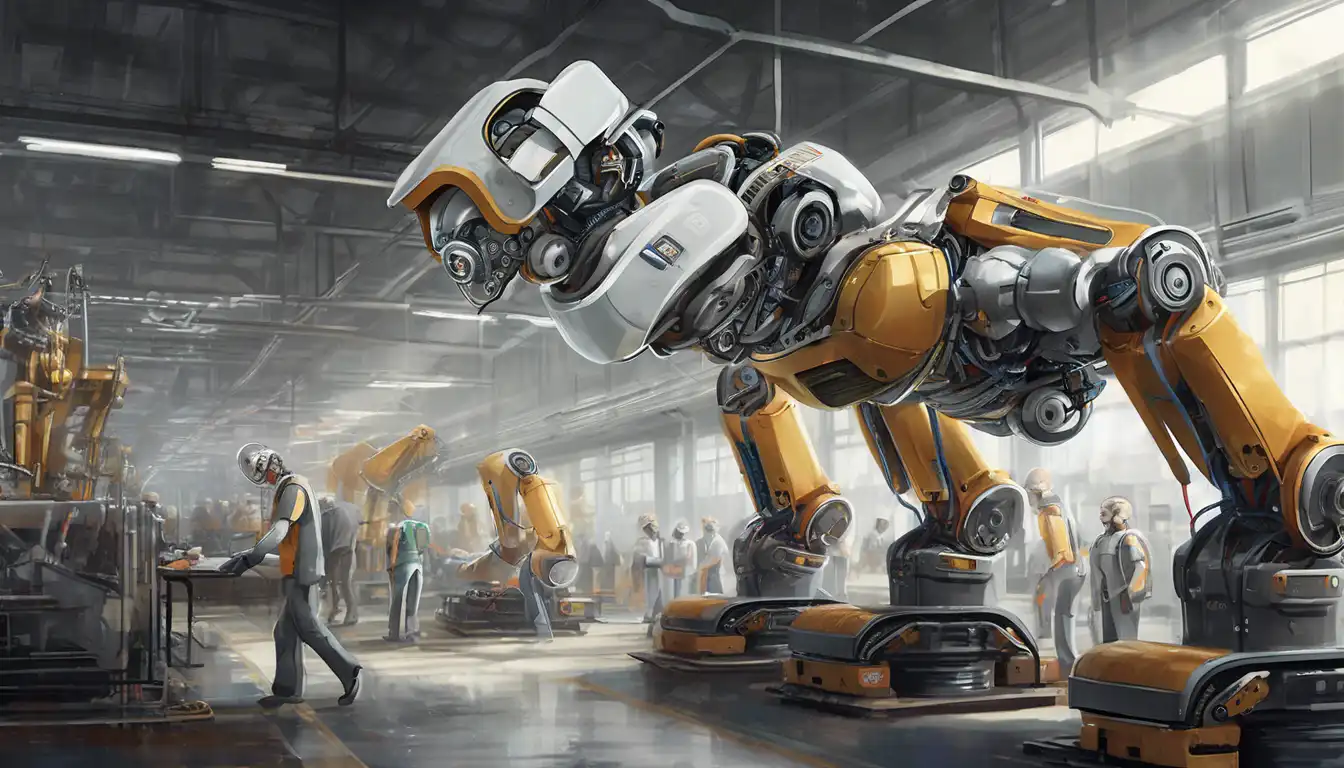The Revolutionary Impact of Robotics on Modern Manufacturing
In the heart of the industrial revolution, robotics has emerged as a transformative force in manufacturing. This technological advancement is not just changing how products are made but is also redefining the efficiency, safety, and scalability of production processes worldwide.
Enhanced Efficiency and Productivity
Robotics in manufacturing has significantly increased production rates by performing tasks faster and more accurately than human workers. Automated robots can work 24/7 without fatigue, ensuring that production lines are more productive than ever before. This relentless efficiency is a game-changer for industries looking to scale up operations without compromising on quality.
Improved Safety in the Workplace
One of the most notable benefits of robotics is the improvement in workplace safety. Robots are now handling hazardous tasks that were once performed by humans, reducing the risk of injuries and accidents. This shift not only protects workers but also minimizes downtime caused by workplace incidents, further enhancing productivity.
Cost Reduction and Scalability
While the initial investment in robotics can be substantial, the long-term savings are undeniable. Robots reduce labor costs, minimize waste, and increase output, making manufacturing processes more cost-effective. Additionally, robotics offers unparalleled scalability, allowing businesses to easily adjust production levels based on demand without significant additional costs.
Customization and Flexibility
Modern robotics technology has introduced a new level of customization and flexibility in manufacturing. Robots can be reprogrammed and equipped with different tools to perform a variety of tasks, making them ideal for producing customized products. This flexibility is crucial in today's market, where consumer demand for personalized products is on the rise.
The Future of Manufacturing with Robotics
The integration of robotics into manufacturing is just the beginning. With advancements in artificial intelligence and machine learning, robots are becoming smarter and more autonomous. This evolution promises to further revolutionize the manufacturing sector, making it more efficient, safe, and adaptable to future challenges.
As we look ahead, it's clear that robotics will continue to play a pivotal role in shaping the future of manufacturing. Businesses that embrace this technology will not only stay competitive but will also lead the way in innovation and efficiency.
For more insights into how technology is transforming industries, explore our technology trends section.
